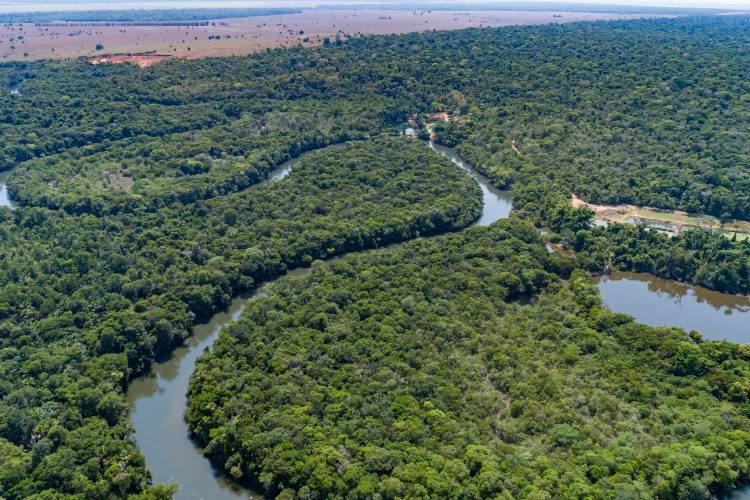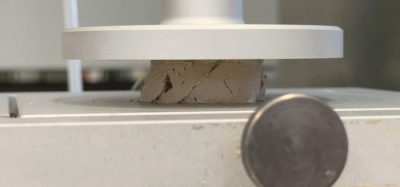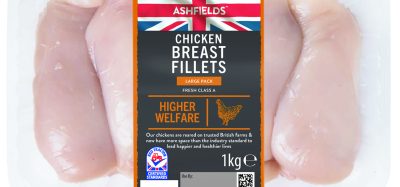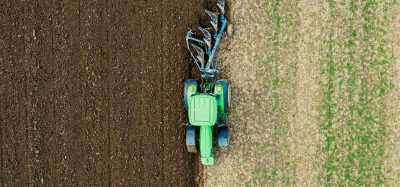JBS invests in traceability projects in Mato Grosso
- Like
- Digg
- Del
- Tumblr
- VKontakte
- Buffer
- Love This
- Odnoklassniki
- Meneame
- Blogger
- Amazon
- Yahoo Mail
- Gmail
- AOL
- Newsvine
- HackerNews
- Evernote
- MySpace
- Mail.ru
- Viadeo
- Line
- Comments
- Yummly
- SMS
- Viber
- Telegram
- Subscribe
- Skype
- Facebook Messenger
- Kakao
- LiveJournal
- Yammer
- Edgar
- Fintel
- Mix
- Instapaper
- Copy Link
Posted: 16 June 2022 | New Food | No comments yet
JBS has committed to funding and supporting several sustainability projects in the Brazilian state of Mato Grosso, including an effort to improve traceability.


JBS has invested a lot of money in the state of Mato Grosso in Brazil
The CEO of JBS Gilberto Tomazoni and the CEO of IDH – the Sustainable Trade Initiative, Daan Wensing announced that they will broaden their partnership for the sustainable production of calves in Brazil. Their goal is to register one million animals by 2025, ensuring that calves can be traced from breeder farm all the way through the supply chain.
Since 2019, JBS has supported the Brazilian State of Mato Grosso’s Produce, Conserve and Include (PCI) Strategy, one of the largest subnational projects globally, aiming to transform Brazilian livestock traceability. An initiative for sustainable development based on land use efficiency, PCI is an instrument for Mato Grosso to reach its Net Zero commitment by 2035, with emissions reduction of 236 gigatons of CO2. The partnership will now also be extended to Pará State and already supports the goals of Barra do Garças PCI Compact, where the company operates a beef processing unit.
JBS says it will provide specialised technical assistance through its Green Offices network. On the ground teams will work with breeders to encourage them to declare their animals on the Protocol for Sustainable Production of Calves platform, managed by CNA (the Brazilian Confederation of Agriculture and Livestock). JBS says this will ensure greater transparency and enable land title regularisation as well as environmental regularisation under the Brazilian Forestry Code.
JBS hopes its investment in technical assistance to support breeders to adhere to the Protocol will also support IDH’s landscape aim to recover 100,000 hectares of low productivity pasture in Barra do Garças (Mato Grosso) and 2.5 million hectares throughout the state of Mato Grosso.
“This is a crucial moment for forests and for farmers in the landscapes we are working in as part of our sustainable production of calves program,” said IDH CEO Daan Wensing.
“JBS shares our vision of reducing social and environmental risk in these areas, and with their partnership, we can make the improvements sorely needed in the beef supply chain, and drive transformation of global food systems.”
“Our ‘Green Offices’ have carried out a remarkable work of inclusion. Over the past year, more than 2,400 farms have already become environmentally regularised. Through this partnership with IDH, we will advance into more layers, enabling the traceability and sustainability of calves from the breeder farm – an essential compliance link in the production chain.” added Tomazoni, CEO of JBS.









